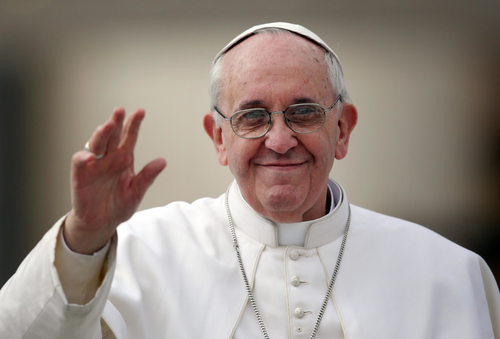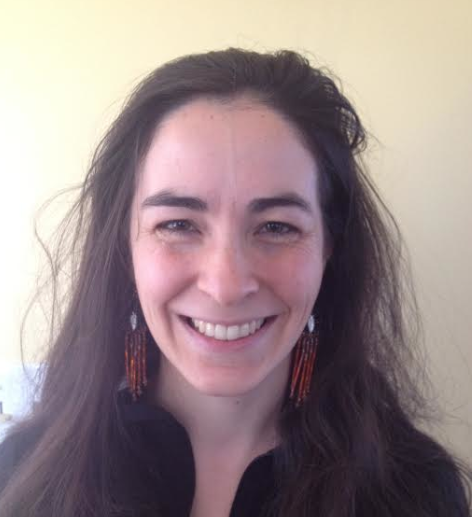At the request of local pastoral leaders and in faithful response to Jesus’ prayer “that all of them may be one” (John 17:21), Kinship Farm occasionally supports events where Christians throughout the North Shore and beyond can come together to share in the beauty of nature and fellowship.
Join us on Saturday, March 16! The centerpiece will be an outdoor, hour-long ecumenical Christian worship service. For an hour beforehand and afterward, participants may peacefully and contemplatively walk along woodland trails, and occasionally stop to engage with displays offered by Christians from a variety of denominations. Displays may include scripture and other text, music, art, woodworking, and other creative, interactive, youth-friendly displays about spirituality that is informed by Christ Jesus and that promotes healthy relationships and/or celebrates the natural outdoor setting.
The worship service and displays will be suitable for youth, teens, and adults and general registration is free. The event will be held in South Hamilton, MA. Displays will be staffed from 1-2 p.m. and 3-4 p.m. and the worship ceremony will run from 2-3 p.m. We regret and apologize that the trails, tents, and worship service will not be equipped with facilities or features to ensure full accessibility for individuals with mobility challenges.
To host a booth, churches will need to fill out an application form by February 26 and pay a modest commitment fee of $30. In return, on the day of the event, a basic tent and table will be set up for them and they will need to bring whatever additional materials they need to respectfully present their message. If you know of a church who might like to participate in the planning of the worship service or to host a booth, please forward this information to them.
Please direct all question, ideas, and desire about this celebration to info@kinshipfarm.org.
Outdoor interactive tented booth spaces are limited and are on a first come basis. We are asking for a $30 commitment fee along with your completed ‘Display Application’ form to secure your space. The $30 commitment fee is a small contribution towards the broader expenses associated with furnishing you a tent and table.
We appreciate your cooperation with the application process and kindly ask you to submit your completed Display Application and $30 commitment fee by February 24, 2024 to reserve your tented booth space.

 Kelsey is a second year intern with
Kelsey is a second year intern with 

